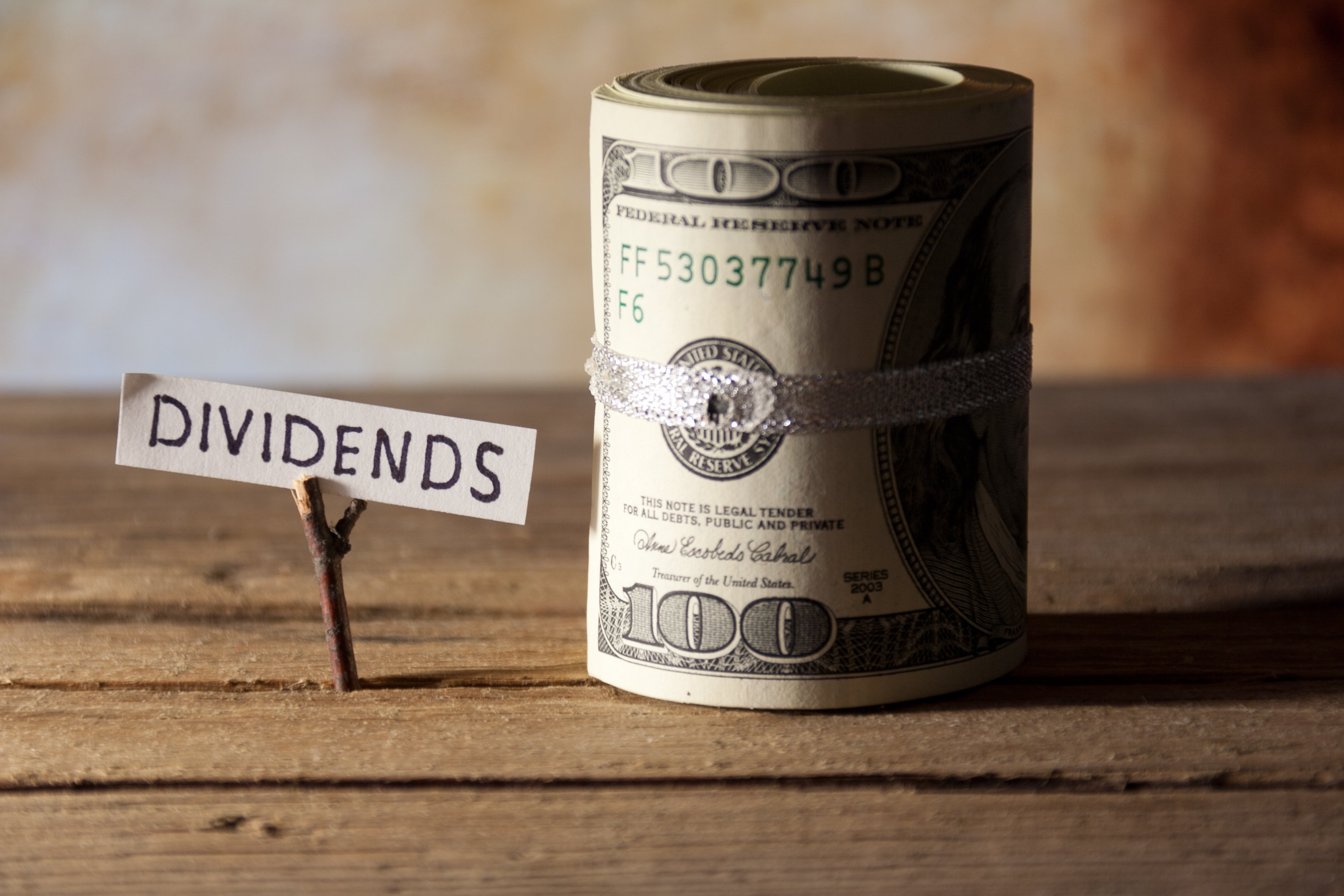On April 2, the Trump administration roiled financial markets by introducing wide-ranging tariffs on most of America's trading partners. In addition to a baseline 10% tariff on all imports, the government is expected to start collecting levies of up to 49% on some countries in a move that could dramatically hurt global trade and economic growth.
Stocks are in a freefall, with the S&P 500 down around 15% year to date. However, within the turmoil, some companies are holding up better than others and may make good buys for investors with a long-term perspective. Let's explore why Realty Income (O +1.36%) and Dollar General (DG +0.89%) may have a place in your portfolio.
Realty Income
Since its founding in 1969, Realty Income has grown to become one of America's most successful real estate investment trusts (REITs) -- a special type of business designed to avoid corporate taxes by returning most of its profits to shareholders through a dividend. It has survived multiple U.S. recessions, bouncing back stronger every time.

NYSE: O
Key Data Points
What is the secret to Realty Income's longevity and success? Portfolio quality and diversification. Instead of investing in the boom-and-bust housing markets or big city offices, it bets on regular American consumers.
Most of its properties are leased to retail and industrial clients that serve low-priced nondiscretionary goods. These include grocery stores, dollar stores, and automotive services -- things that will likely stay in demand no matter what happens to the rest of the economy. Best of all, around 87% of the company's revenue is earned in the U.S., which is an advantage as the world's largest economy pivots away from international trade.
Realty Income currently offers a dividend yield of 5.84%, and it is part of the S&P 500 Dividend Aristocrats® index, which means it has increased its dividend payout for at least 25 consecutive years.
Dollar General
Analysts at J.P. Morgan give the U.S. economy a 60% chance of entering a recession in 2025. However, a weak economy can benefit companies that focus on low-priced consumer goods, especially in less advantaged areas. Dollar General is built to thrive in this kind of environment.
Unlike a traditional big box retailer, Dollar General offers a relatively bare-bones shopping experience. Its stores are often located in rural or inner city areas where the costs of rent and labor are lower. The company also offers private-label brands that are cheaper than mainstream alternatives. The goal is to pass these cost savings to customers who may be too far away from other low-priced alternatives like Walmart.

Image source: Getty Images.
While it is still early in the year, Dollar General stock is holding up better than the broader market during this worsening economic landscape.
Shares are up 22% year to date, compared to the S&P 500's decline of 15%. Investors should expect continued outperformance because the stock boasts a forward price-to-earnings (P/E) multiple of just 17, compared to the market average estimate of around 20. Shares currently boast an attractive dividend yield of 2.55%.
A falling knife or a golden opportunity?
Realty Income and Dollar General are already trading at valuations that look attractive relative to their long-term potential. That said, this is a period of major uncertainty, because we are yet to see the full brunt of Trump's tariff policy. More risk-averse investors may want to wait for the volatility to settle before getting into the market.
The term Dividend Aristocrats® is a registered trademark of Standard & Poor’s Financial Services LLC.







